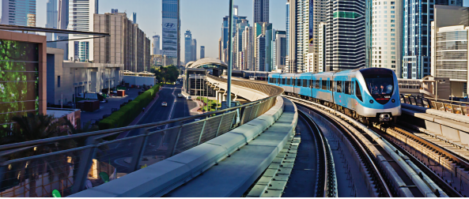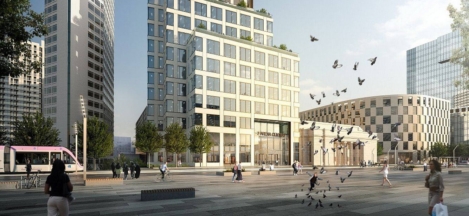September 9, 2015
‘Climate smart’ cities could generate global savings of $17 trillion 0
 Newly published research claims that investing in public and low emission transport, building efficiency, and waste management in cities could generate worldwide savings of US$17 trillion by 2050. The Global Commission on Economy and Climate, an independent organisation comprising former finance ministers and leading research institutions from Britain and six other countries, found climate-smart cities would spur economic growth and a better quality of life – at the same time as cutting carbon pollution. These investments could also reduce greenhouse gas emissions by 3.7 Gt CO2e per year by 2030, more than the current annual emissions of India. With complementary national policies such as support for low-carbon innovation, reduced fossil fuel subsidies, and carbon pricing, the savings could be as high as US$22 trillion according to the report.
Newly published research claims that investing in public and low emission transport, building efficiency, and waste management in cities could generate worldwide savings of US$17 trillion by 2050. The Global Commission on Economy and Climate, an independent organisation comprising former finance ministers and leading research institutions from Britain and six other countries, found climate-smart cities would spur economic growth and a better quality of life – at the same time as cutting carbon pollution. These investments could also reduce greenhouse gas emissions by 3.7 Gt CO2e per year by 2030, more than the current annual emissions of India. With complementary national policies such as support for low-carbon innovation, reduced fossil fuel subsidies, and carbon pricing, the savings could be as high as US$22 trillion according to the report.




































September 2, 2015
We need to do more than pay lip service to workplace wellbeing 0
by Ann Clarke • Case studies, Comment, Wellbeing, Workplace design
More →